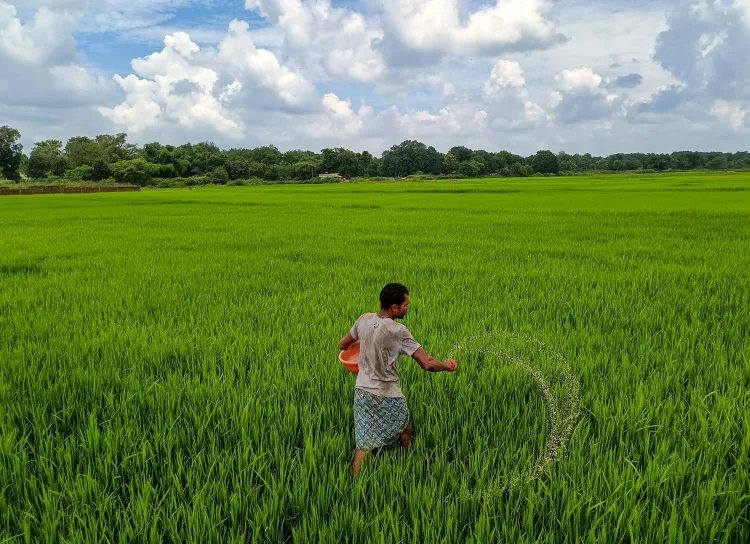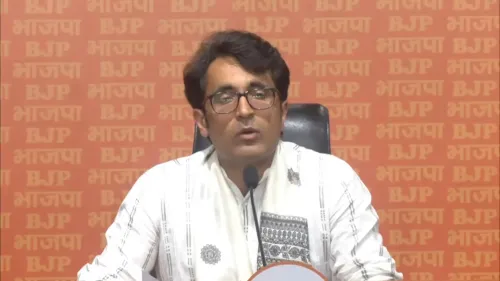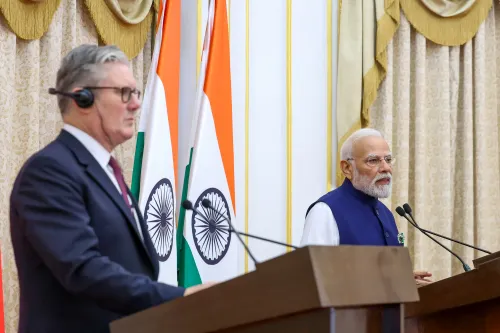Will Complex Fertiliser Volumes Rise by 2-4% Amid Geopolitical Challenges?

Synopsis
Key Takeaways
- Projected growth of 2-4% in complex fertiliser volumes.
- Stable credit profiles of manufacturers due to profitability and subsidies.
- 60% of DAP needs are met by imports.
- NPK volumes expected to grow by 4-6% this fiscal year.
- Government intervention is pivotal in DAP availability.
New Delhi, Oct 9 (NationPress) Complex fertiliser volumes in India are anticipated to increase by 2-4% in the current fiscal year (FY26), following an impressive 9% growth last year. This growth is occurring despite challenges related to import availability, geopolitical disruptions, and a high comparative base, according to a report released on Thursday.
Despite these challenges, the credit profiles of fertiliser manufacturers are expected to remain stable, supported by consistent profitability and anticipated additional subsidy allocations along with timely disbursement, as noted by the report from Crisil Ratings.
Incremental subsidy allocations from the government, as observed in previous instances, will help maintain the working capital needs of complex fertiliser manufacturers, thereby bolstering their credit profiles, the report indicated.
Analysts have pointed out that rising raw material prices due to supply disruptions may lead to increased subsidy demands.
A significant slowdown is attributed to a heavy reliance on imports for di-ammonium phosphate (DAP) and essential raw materials. Approximately 60% of DAP requirements are fulfilled through imports, while another key fertiliser, nitrogen phosphorous potassium (NPK), is primarily produced domestically.
Complex fertilisers represent a third of the overall domestic fertiliser consumption, with NPK grades making up 55% and DAP accounting for the remainder.
Last year, DAP volumes saw a decrease of around 12%, while NPK volumes surged by approximately 28%, driven by domestic producers' focus on NPK due to escalating imported DAP prices.
In the previous fiscal year, geopolitical uncertainties, including export restrictions imposed by China—which supplies about a third of India's imports—impacted global DAP availability.
The ratings agency anticipates a 4-6% growth in NPK volumes this fiscal year, supported by an adequate monsoon, while DAP volumes are predicted to remain stable due to high prices, although availability is expected to improve.
Anand Kulkarni, Director of Crisil Ratings, stated that DAP availability will benefit from additional special compensation for DAP imports provided by the government, long-term agreements with Saudi Arabia, and reduced trade tensions with China.
Throughout the remainder of this fiscal year, NPK demand is expected to stabilize as the trend of DAP volume decline reverses with improved availability, he added.









